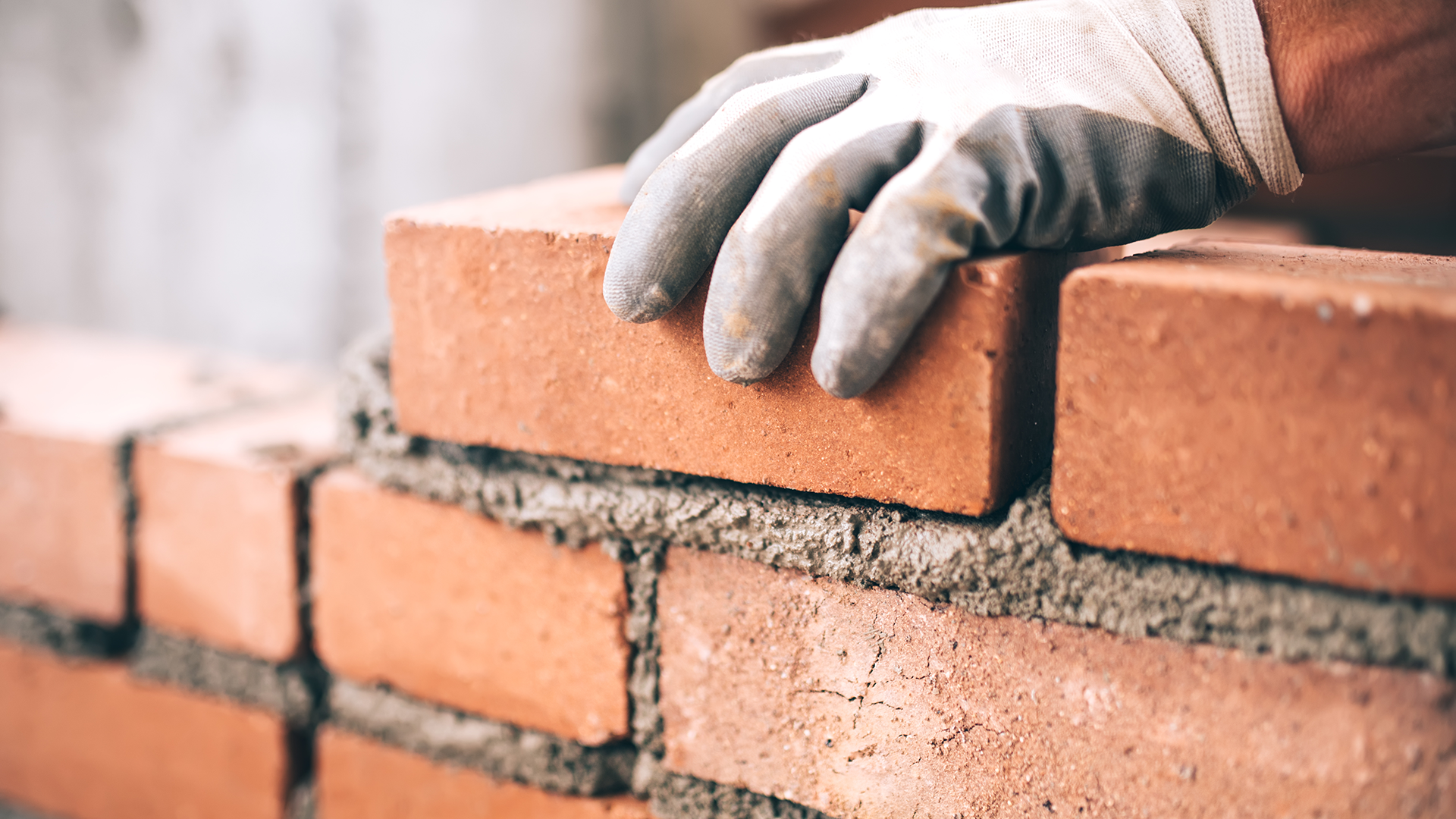Publication

Ontario revisits decision to allow all construction sites to remain open
Author:
Canada | Publication | April 8, 2020 - 6 PM ET
The Ontario government has ordered the closure of all non-essential businesses pursuant to its powers under the Emergency Management and Civil Protection Act (the Emergency Act). On March 23, the Ontario government issued a list of essential businesses that would be exempt from the closure order effective March 24 at 11:59 p.m. Most construction companies were included in the essential businesses list and were therefore permitted to continue operating. However, the Ontario government has since significantly expanded the list of non-essential workplaces with the introduction of Ontario Regulation 119/20: Order under Subsection 7.0.2(4) - Closure of Places of Non-Essential Businesses (the Essential Services List Regulation), which was declared into law on April 3.
All businesses that had not previously closed were required to do so by 11:59 p.m. on April 4, apart from those deemed essential. The Essential Services List Regulation is currently effective to April 13, at which time it will be revoked, unless it is further extended. The full text of the regulation can be found here.
Which construction projects can continue?
The Essential Services List Regulation significantly shortens the list of essential businesses that may remain open, including further limitations on the construction industry and its related activities. Construction industry employers will need to assess whether their work can continue on a project-by-project basis. However, deciding whether a project should be closed may ultimately rest with the project owner, developer or general contractor.
The Essential Services List Regulation permits some construction projects to remain open. The following types of construction projects are considered essential and therefore, all construction work associated with the project may continue:
- Construction projects associated with the health care sector, including new facilities, expansions, renovations and conversion of facilities to be used for health care.
- Construction projects and services relating to critical public infrastructure, that are either required to ensure the safe and reliable operation of such infrastructure or to increase its capacity. Work must go beyond day-to-day maintenance.
- “Critical industrial activities” that are necessary to maintain and operate petrochemical plants and refineries, and significant petrochemical projects where work has already started. Construction to existing industrial structures may continue only where necessary to produce, maintain or enhance the production of personal protective equipment, medical devices and other products to combat the COVID-19 pandemic.
- Residential construction projects if the necessary permits have been granted or if they involve renovation work to existing properties that started before April 4.
- Construction and maintenance work required to temporarily close construction sites to ensure the public’s safety.
Employers that perform work and maintenance relating to essential infrastructure can also continue, particularly in the sewers and watermains, roads, and the heavy engineering industries. Repair and maintenance to critical infrastructure, including roads, dams and bridges, are considered essential. In addition, any construction company can continue performing work to support the delivery of services including sewage treatment and disposal; the collection, transportation, storage, processing, disposal and recycling of waste; and potable drinking water.
If a contractor performs services or maintenance that is necessary for another business that has been deemed essential within Ontario or in another jurisdiction to continue to operate, this work can continue.
Employers should refer to the wording of the Essential Services List Regulation to verify they meet the requirements of each section.
What are the consequences of non-compliance?
An employer who violates the Essential Services List Regulation may be found guilty of an offence and subject to significant fines under the Emergency Act. A director or officer of a corporation found to be in violation of the order can be fined up to $500,000 and imprisoned for up to a year, and a corporation can be fined up to $10 million per day of the contravention. Each day a business remains open in contravention of the Essential Services List Regulation can be considered a separate offence (see section 7.0.11(1) of the Emergency Act).
Take-aways
From a labour relations perspective, employers should consider the applicable collective agreement, and whether there are any relevant provisions. For instance, there may be layoff and recall provisions. In addition, there may be minimum call-in pay requirements if employees are called to work and then sent home when a site closes down.
Employers who continue operating some or all of their construction sites must comply with their obligations under the Occupational Health and Safety Act (the OHSA). During his press conference to announce the shortened list of essential businesses, Premier Doug Ford suggested the Ministry of Labour (the MOL) will be conducting more frequent inspections targeting construction sites and projects. On April 8, it was also announced that the MOL will be asking retired health and safety inspectors to return to work to assist with the effort to increase health and safety inspections. The government has provided guidance on best health and safety practices specific to construction sites.
The Essential Services List Regulation further provides that “the person responsible for a place of business” must ensure the business complies with all applicable laws, including the OHSA and all recommendations from public health officials are followed. For construction sites, this obligation may apply to the owner, site developer, general contractor and/or employers.
As such, employers should consider the following health and safety issues, particularly as they apply to the construction industry:
- Work on site must be arranged to comply with social distancing guidelines. For instance, employers may have to reduce the number of employees who work on site at a time, depending on the size of the site.
- Employers will have to determine how to implement guidelines on site, as they pertain to sanitation, hand washing stations, and when to provide personal protective equipment.
- Employees continuing to work at construction sites and projects cannot simply walk off the job, but must follow the statutory processes and procedures for work refusals. Additional information respecting work refusals can be found here.
Recent publications
Subscribe and stay up to date with the latest legal news, information and events . . .


